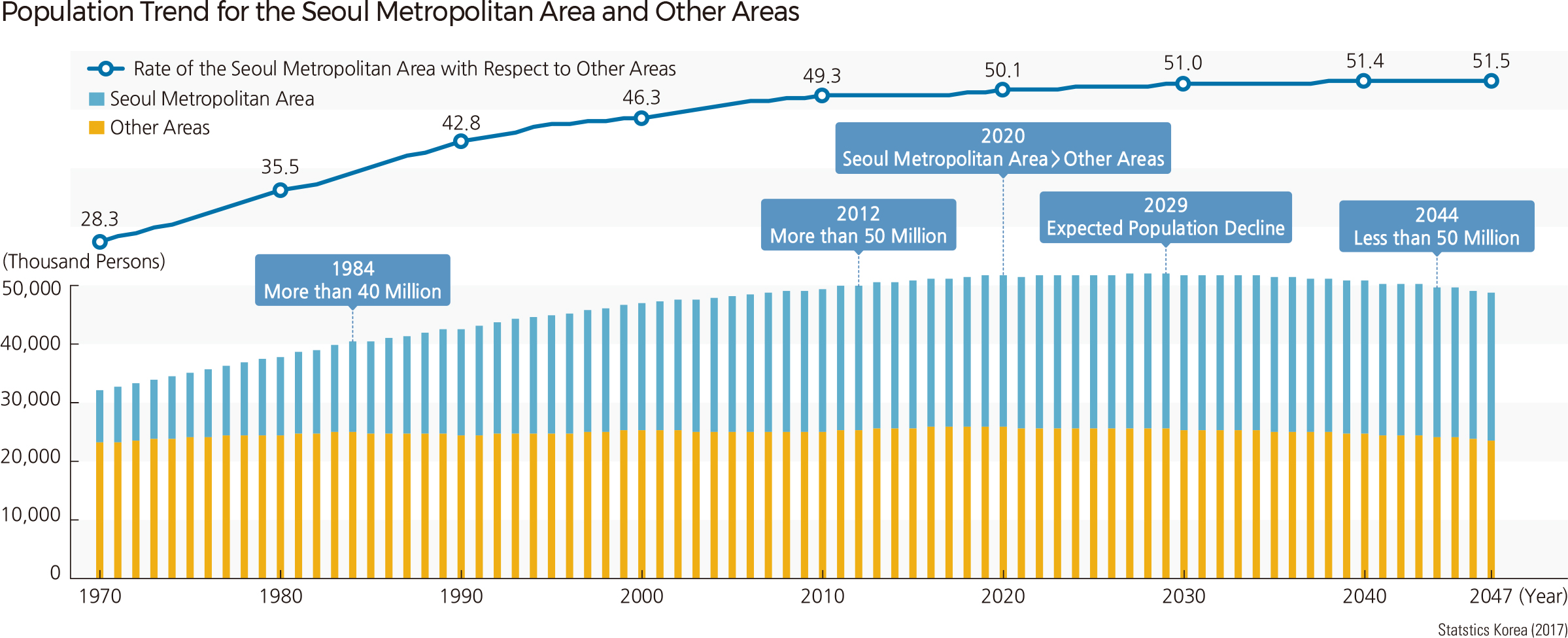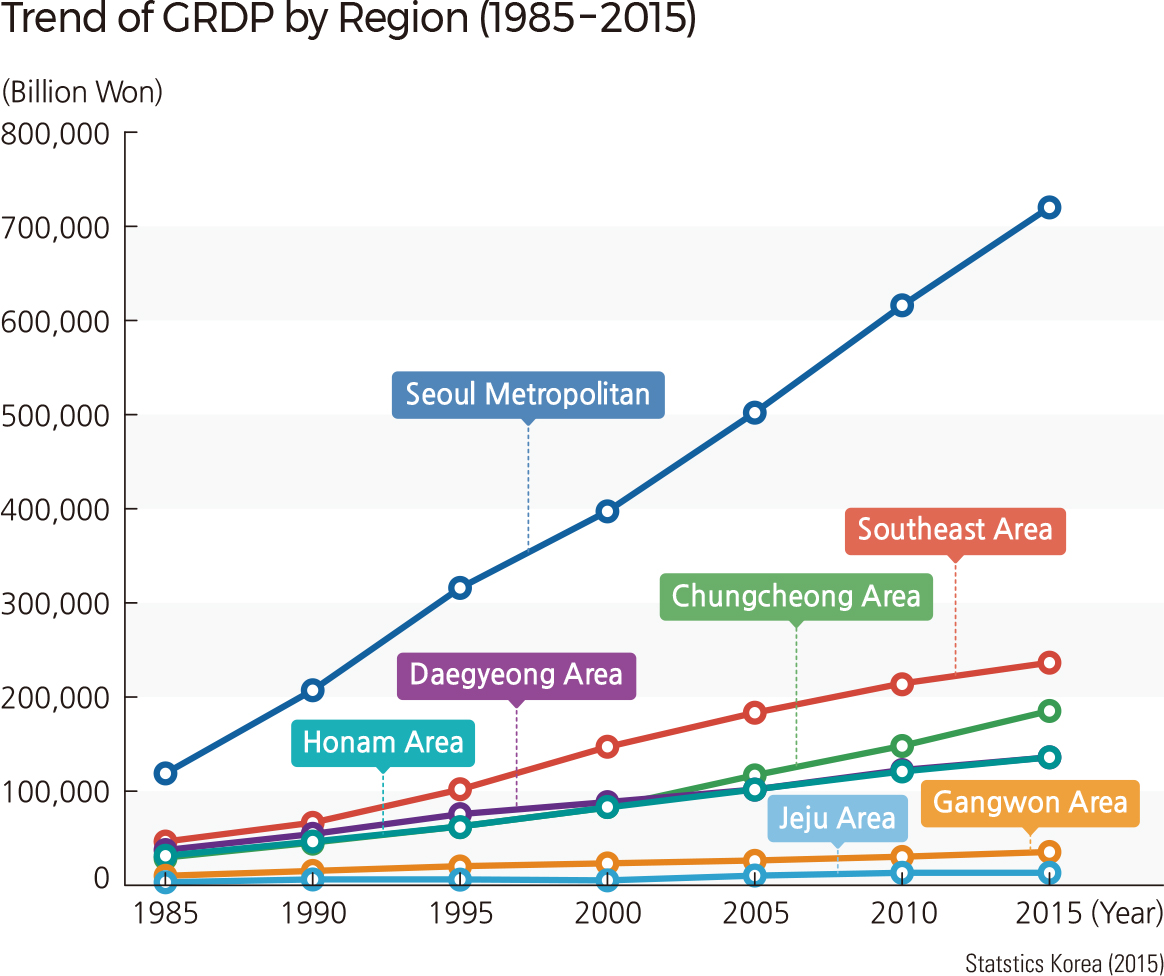English I 2019
The goal of regional development is to foster activities and outcomes that promote economic growth, and to build foundations that will improve the quality of life for residents in the region. The stakeholders of each region are the businesses and residents themselves who would ideally participate in key regional development activities.
The scope of regional policy varies, but generally, it is enacted at the sub-national level, by way of local, self-governing bodies. Recently, however, as new approaches emphasize the quality of life and the socioeconomic reality beyond the existing administrative boundaries, more function-oriented regionally-based development approaches are being brought into play.
In general, the role of both the central and local governments in regional policy is very significant. Under a market economy, both structural dynamics and uneven distribution of benefits, including natural endowments, inevitably cause a spatial disparity in regional development; therefore, a government policy of intervention may be needed to fix this spatial disparity. Accordingly, the central government’s policy efforts on regional development have been carried out for a long time at various levels of government. Like other countries in the Organization for Economic Cooperation and Development (OECD), the regional development policy in Korea has focused on lessening regional disparity through improving less-developed areas. The rapid modernization process that began in the 1960s has brought about remarkable economic growth and material abundance, but it has also caused many serious problems, not the least of which include the ever-increasing disparity of both economic power and the quality of life between different regions. In order to solve such problems, the Korean government has promoted various developmental policy options for less-developed areas. The government has shifted its policy focus from infrastructure investments such as enterprise relocation and expansion of the economic growth base to making the quality of residents’ lives a higher priority.
Launched in 2017, the Moon Jae-in administration has set a new turning point in regional development policies. The government has shifted to a sustainable, balanced development paradigm based on the values of decentralization, inclusion, and innovation. The sustainable, balanced development guarantees the national minimum of well-being for all people wherever they live. It is significant that the government set its policy of balanced development by overcoming the limitations of the previous administrationʼs regional development policies and redefining the values of decentralization, inclusion, and innovation. |

